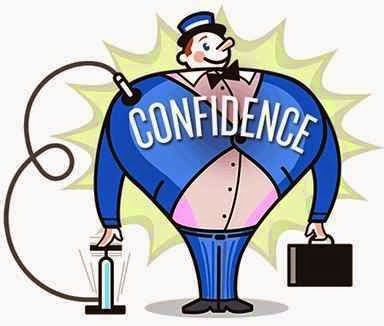I’ve been asked to speak at a conference on London in March on the topic of coaching across different cultures. This always seems to a bit of a hot topic for many coaches and my guess is that this might speak to our sensitivities and uncertainties about working with people who are (very) different from ourselves.
I think is very easy to reduce the discussion of culture to a discussion of crude stereotypes…. Italians are voluble and excitable… Americans are loud… and all Brits have stiff upper lips. A much more useful characterisation of culture is Hofstede’s work on cultural dimensions and it can be eye-opening to compare ourselves with other nationalities. Have a look at the Hofstede website to see what I mean.
And of course any description of national culture obscures a whole load of variation. Just because I’m a Brit doesn’t mean I’m reserved .. at least not all the time. To understand the individual sat in front of us for coaching means considering a whole pile of factors including their personality type, their organisational culture as well as their national culture.. and that is just for starters. However underneath that complexity, strangely the more you get to understand an individual the more you see their similarities not their differences.
Vive la difference!









